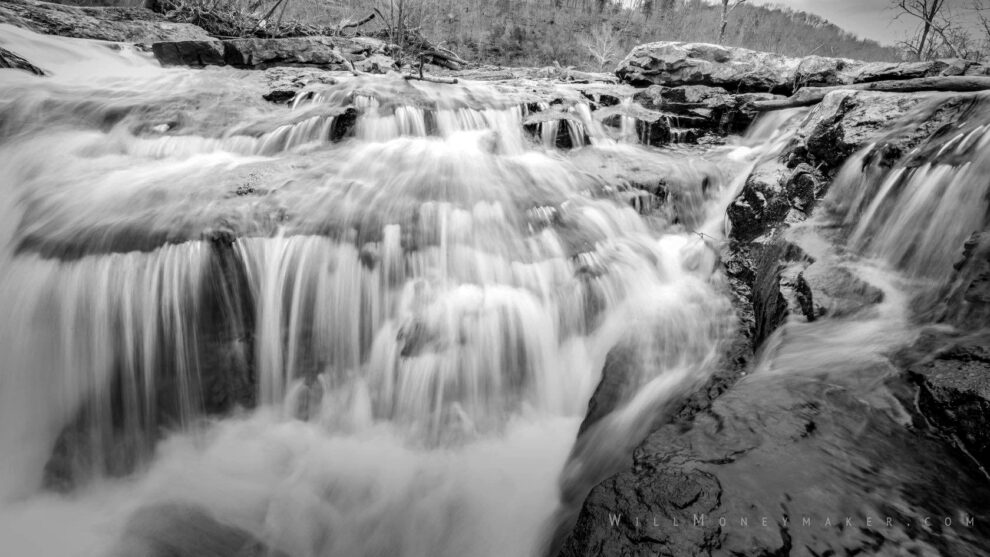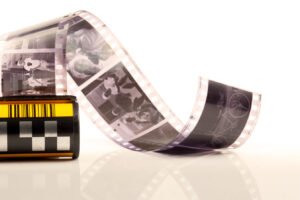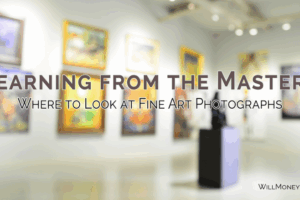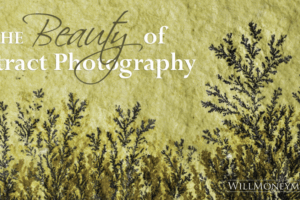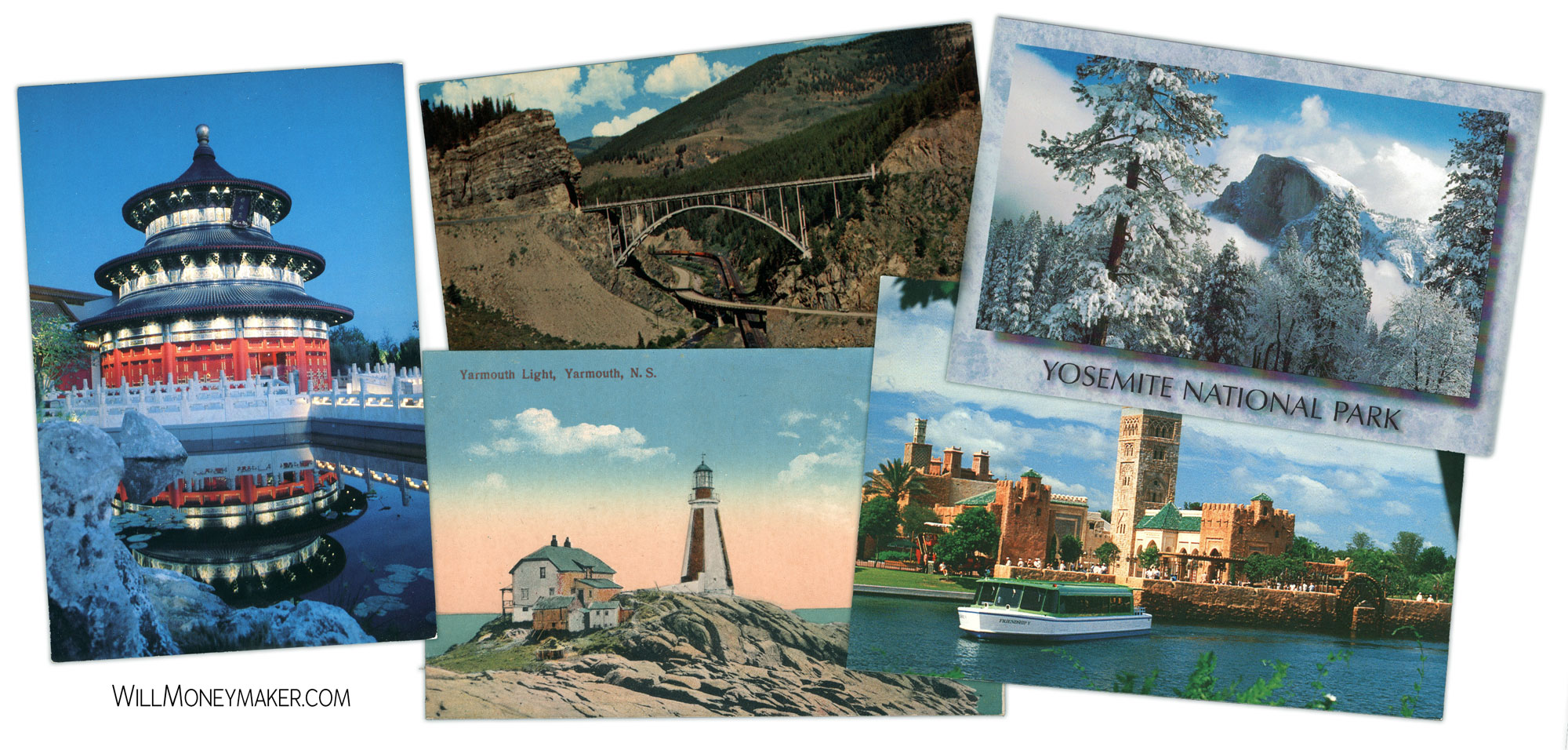Certain things in life make the act of creation quite difficult. At times, adversity arises and makes it hard for us to power through and keep producing photographs. This could be any type of adversity. Maybe it’s a physical injury or ailment that makes it much harder for you to travel, hike, or carry your camera gear. It could also be mental or emotional adversity. Everything from depression to stressful life events like the loss of a job or even a loved one can take us out of the frame of mind to create artwork.
No matter what, I think it’s important to try to create anyway, despite whatever it is that life happens to be throwing at you. Of course, this is often easier said than done. Making art is a lot of work, and sometimes physical, mental or emotional adversity leaves us without the energy or the capability to do it. But if at all possible, I think challenging times are perhaps one of the best times to create—and there are a few reasons why.
When you’re facing a physical issue, this causes you to do one important thing. It makes you slow down. Whether you’ve injured a knee or you’re suffering an illness, it’s likely that as you’re out and about taking photographs, you’re going to be walking more slowly than usual, and you’ll probably be sitting down to take breaks more often.
This is important because slowing down like that forces you to stop and really observe your surroundings. When you sit down to catch your breath, chances are, your head will be turning, and you’ll be examining things, possibly even finding new objects or compositions to photograph once you’re ready to get started again. Conversely, if you hadn’t walked slowly past, or if you hadn’t stopped to sit and take a break, you might have breezed right on by these things without ever realizing the photographic potential. That’s the thing about photography. More art-worthy images are created through careful observation than through rushing along in order to find the next new thing.
Emotional adversity is a tricky beast. If you’re suffering a physical ailment, you might very well be in the mood to take photographs even though the body is protesting the effort quite loudly. But where mental and emotional setbacks are concerned, you may not even feel the desire to create.
Even so, if you can muster the will to do it, again, this is one of the best times to create. And that’s because when you’re feeling emotion strongly, it’s much easier to channel that emotion into your artwork. Most of the time, we feel relatively neutral. We’re not bounding for joy, nor are we particularly upset about anything. It can become difficult to create images that feature strong emotions when we’re just not feeling strongly one way or another.
But if you’re in the midst of the grieving process, or if you’re feeling strong anger about something? Those are powerful, consuming feelings, and when you’re in that mindset, it becomes easier not only to notice or create compositions that support these feelings but also to think in ways that allow you to design photographs that will evoke these feelings. If you’re in a bad mood, you’re much more likely to take gloomy images rather than bright and cheerful ones, for example.
This applies to more than negative emotions. If you’re experiencing strong positive emotions, it works just as well—you’ll find it easier to direct that joy into your photographs. The only difference is that it’s a lot easier to create while in a positive mindset, whereas a negative one often makes us just want to stay in bed. Still, there’s value in all emotions and in all kinds of adversity. If you can muster the will and the energy to go out and create even when times are hard, then there’s a very good chance that you’ll be able to channel these things into creating powerful artwork.

